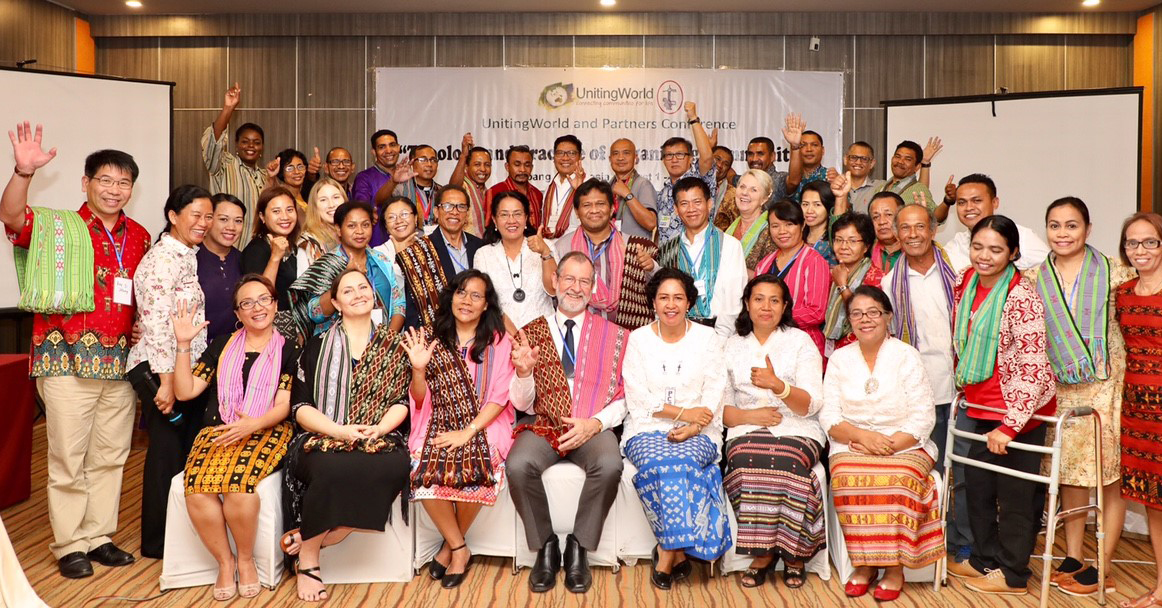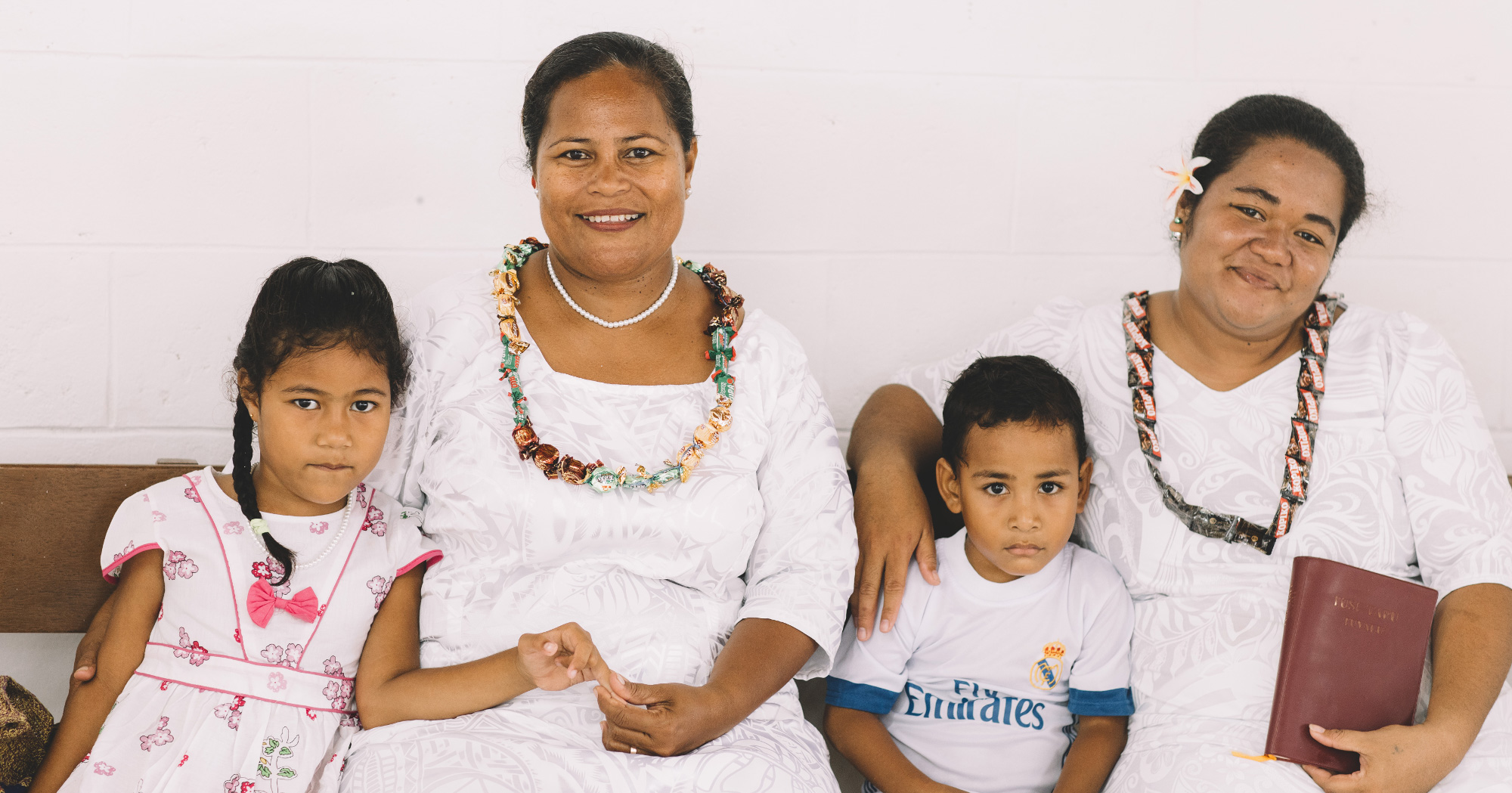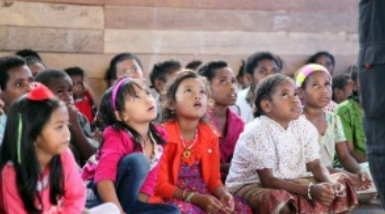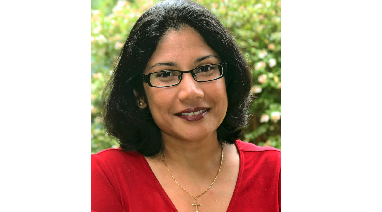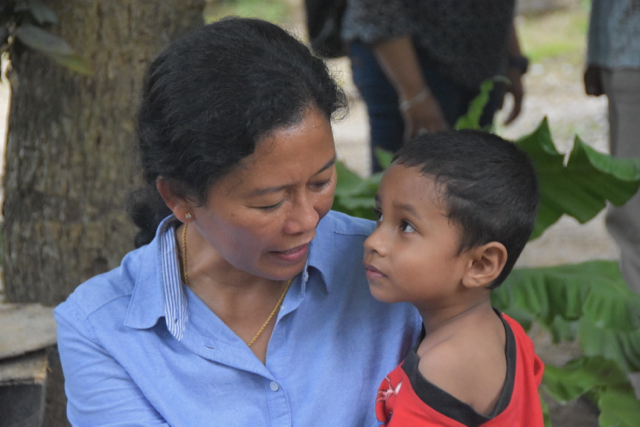Celebrating global partnerships ahead of 15th Assembly
In a report to the Uniting Church in Australia’s 15th Triennial Assembly meeting in July, UnitingWorld has highlighted the success of a collaborative, network-based approach to community development.
In a sweeping review of three years, the report details the impact of UnitingWorld’s programs across an estimated 250,000 people in breaking down barriers to education, health, human rights and leadership; and strengthening the institutional capacity of Australian and partner churches.
National Director Dr Sureka Goringe attributes UnitingWorld’s successes to its strong identity as part of the Uniting Church, and championing a relational approach over the charity model of “handing out grants in return for timely reporting.”
“Effective programs need to be built on a foundation of strong, resilient relationships between partners,” said Dr Goringe.
“For us, good collaborations start with meaningful connections between people, where all recognise our equal place as children of God, learning from each others’ strengths and caring for each others’ needs.”
In an innovation conceived three years ago, UnitingWorld started using these strong relationships with partner churches to build regional networks, fostering multilateral collaborations; an approach Dr Goringe says was led by the partners themselves.
“In 2015, during a session of the 14th Assembly in Perth, 35 leaders from our overseas partner churches took the spontaneous and unprecedented step of penning a statement which was read out on the floor of the Assembly.”
The statement committed them to:
“Break through the boundaries of our denominations, in order to partner as God’s agents of transformation in the world” and to, “commit to develop, nurture and strengthen multilateral mission relationships by making our God-given resources available to one another, sharing our needs, joys, sorrows, achievements and challenges with openness and joyfully participating in the life of partners in a fruitful and effective manner.”
Following this landmark declaration, UnitingWorld recognised its value to church partners as a facilitator of new multilateral relationships, says Dr Goringe.
“Since then, UnitingWorld’s regional strategy over the past three years has been to create opportunities to bring together our church partners in meaningful ways.”
“We have hosted 11 regional conferences since July 2015, each one aimed at creating a community of shared learning, cultivating connections and relationships and encouraging collaboration between our partners.”
The connections formed at the regional conferences have resulted in partners sharing resources, expertise, management tools and policies on shared issues. These have ranged from the theology of community development to child protection and finance management.
The report also highlights the success of UnitingWorld’s collaborations with the Australian Government (DFAT) on the theology of gender equality, and identifies challenges to be faced over the next triennium.
UnitingWorld looks forward to continuing this journey alongside our church partners.
Read the full report on the Uniting Church in Australia 15th Assembly website.

